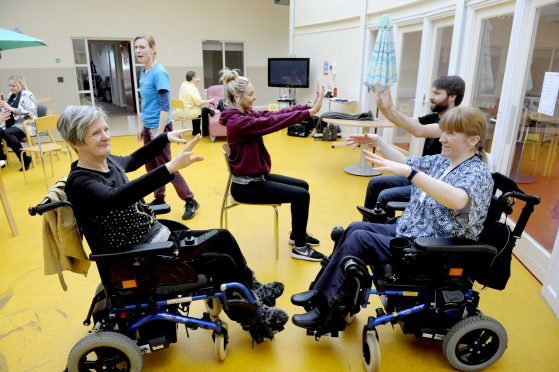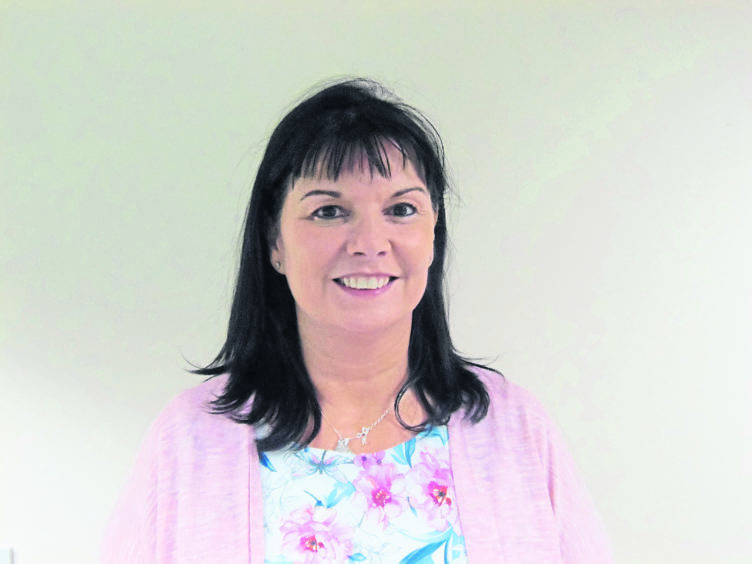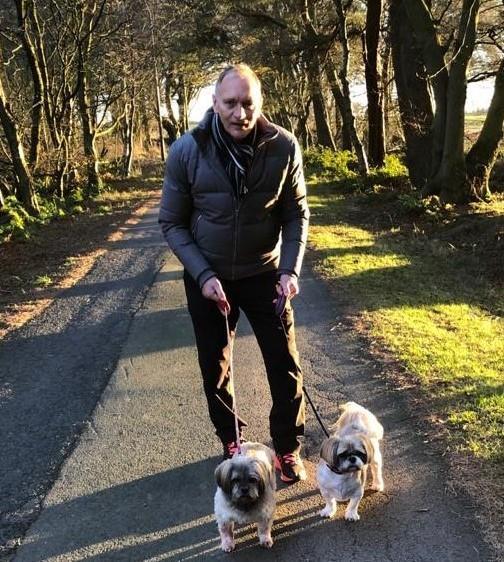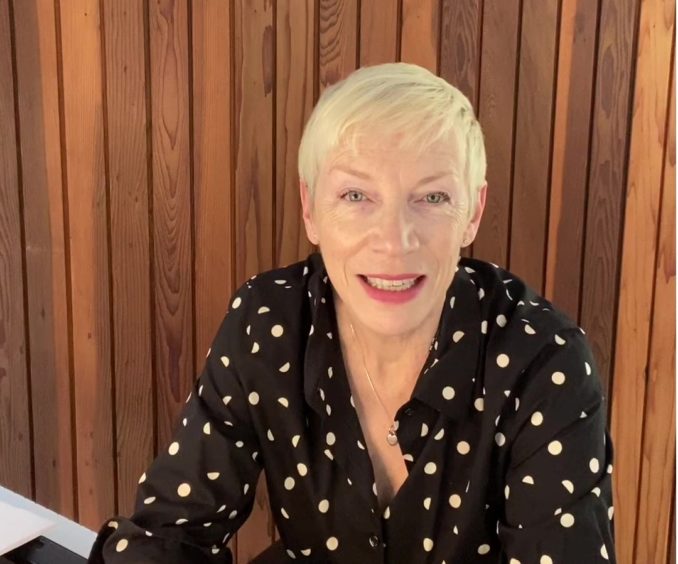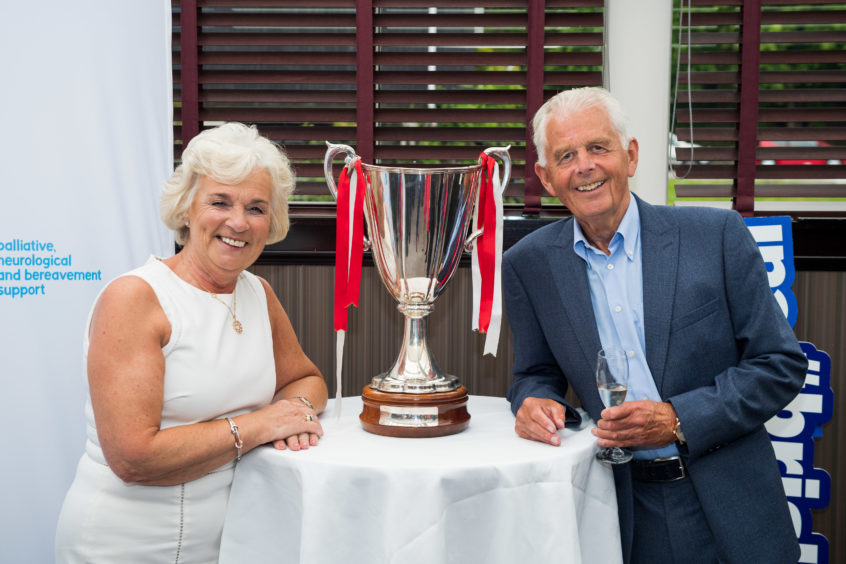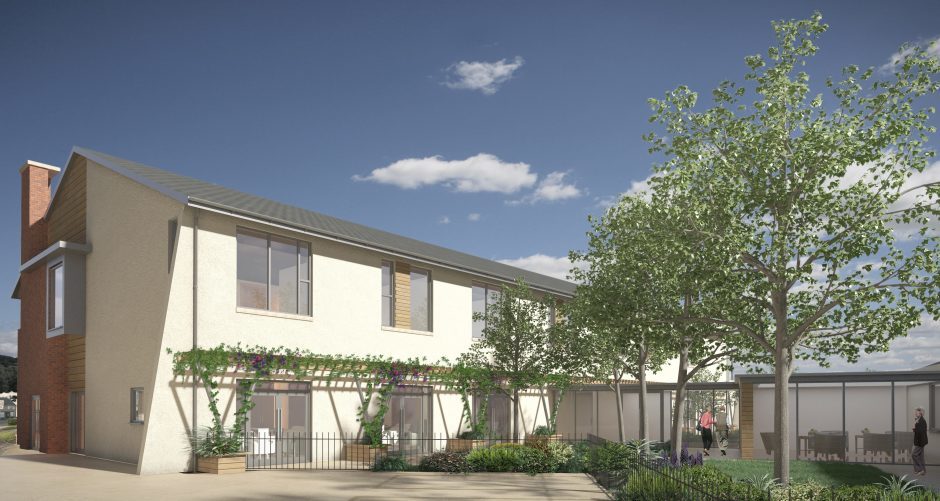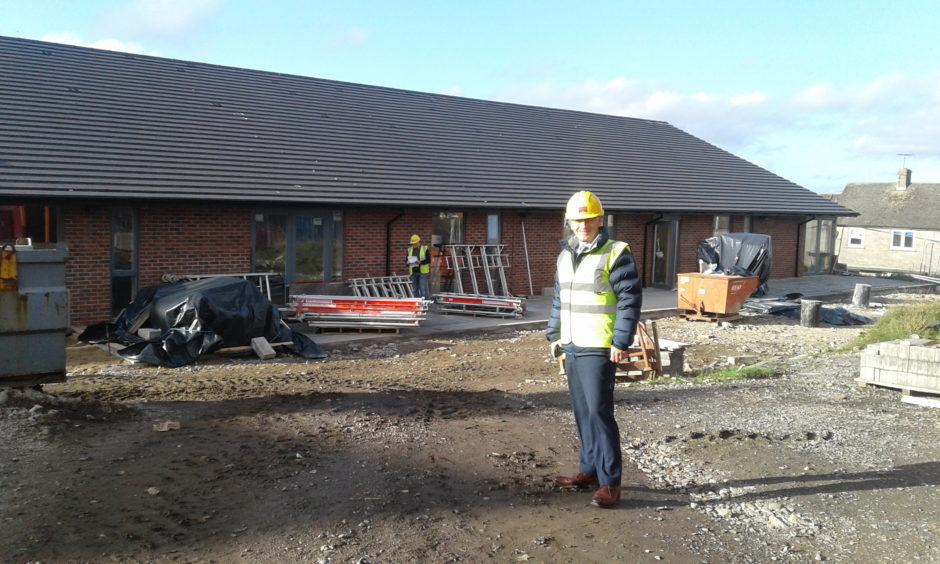It’s a campaign which has been backed by the likes of Gothenburg Great Jim Leighton and music legend Annie Lennox.
Ever since the appeal was launched in 2017, staff and volunteers at Sue Ryder Dee View Court in Aberdeen have taken part in firewalks, abseils, walking initiatives and organised a wide range of other charity ventures to build a major extension at Scotland’s only neurological centre in Kincorth.
The fundraising has faced significant challenges, not least because of the Covid pandemic, but Sue Ryder officials have confirmed they have reached their imposing £3.9m target – and this offers enhanced facilities and quality of life for up to 44 people with a variety of serious conditions, including Huntington’s disease, severe stroke, MND and acquired brain injuries.
With the staggering amount of money raised, thanks to the generosity of hundreds of fundraisers, businesses and organisations, the centre has managed to convert unused areas of the existing building into new bedrooms and create a four-bedroom garden annexe and new double storey annexe.
In total, 14 new en-suite bedrooms and six apartments have been developed and these have helped to transform the lives of many of the residents.
It has been a community effort
By March 2018, the appeal had exceeded the £2m mark with help from the Robertson Trust, who donated £500,000, and that was bolstered by a £286,000 cash injection from the Morrison’s Foundation.
Then, by the end of 2019, the £3m milestone was reached thanks to what has been described as amazing support from the local community, including Aberdeen businessman, Ian Suttie and his wife, Dorothy, who backed the appeal to renovate and expand the centre’s accommodation and services.
Valerie Maxwell, the centre’s director, who has been at the heart of the campaign, was in positive mood when she spoke about its success – and she acknowledged how the whole community had pulled together to bring the ambitious project to fruition.
She said: “Dee View Court cares for people from across Scotland and we have seen an increase in demand for our support in recent years.
“So expanding our service was crucial to providing expert care across a region that has a particular prevalence of neurological conditions.
“Therefore, I am beyond delighted that our capital appeal target has been exceeded and I am so grateful to the mammoth efforts of local people, businesses and organisations who really believed in our cause and came on board to help.
“Thanks to your unwavering support and dedication, we can now provide a lifeline to more people, ensuring they maintain their independence, cultivate their circles of support and thrive in their everyday lives.”
Here’s why the centre matters
Mrs Maxwell has stressed there is a human dimension to all the residents – and their families – who have benefited from being at Dee View Court.
Elaine Diack sustained a serious brain injury after falling into a diabetic coma in June 2018 and was left struggling to walk and communicate.
A mother-of -two grown up sons, Stuart and Ewan, she spent 19 months recovering in hospital, but still needed round-the-clock care. Although she is just 63, Elaine’s family feared the only option for her would be a nursing home until they were told there was a place at Dee View Court.
It was a message of hope for all of them – and Mrs Diack has clearly thrived from her time at the centre.
Her sister, Alison, explained: ‘It happened on Sunday, June 24, 2018. I received a message from Neil, her husband, to say that Elaine was being blue-lighted to hospital. She had had the odd major hypo in the past but it was usually when she was hyper that she was admitted to hospital.”
The former social worker was found in a diabetic coma around lunchtime after going to bed the night before and remained unconscious in intensive care for the next 48 hours.
Alison added: “It was the Tuesday morning before she finally began to wake up and I was with her when she came round. She said: ‘Where, where, where, I want to go home’ and after that she didn’t speak for several weeks.
“She couldn’t swallow or walk and, to start with, she just sat in a little world of her own often giggling and sometimes crying. It was awful, but we have all got a sense of humour – including Elaine – and that helped carry us through.
“Even in the darkest moments, you can find humour and hope and, as time passed, we hung on to that.”
Elaine’s family was initially told it was possible her condition would improve and, with the help of physiotherapy, she started to regain some mobility.
Alison said: “We thought she would still be Elaine and would be able to come home. It was only when we got to the neuro rehab unit that we were told that that level of improvement wasn’t possible. She did learn to use a wheelchair quite quickly.
“The next day I went in to see her and a member of staff told me that she had walked into their staff meeting that morning, but unfortunately the improvements didn’t last. Her medication changed again and she went from walking and talking to being in bed. It was like somebody had shut her down.”
It was at this time that Elaine’s family first heard about Dee View Court.
A safe space for Elaine
Elaine finally moved into one of the new bedrooms last winter, but had barely settled in before the pandemic hit and lockdown began.
Alison said: “She had spent 19 months in hospitals at that point and her mobility had slowed, her speech had deteriorated and she had lost the little independence she once had. We literally had about five weeks at Dee View before lockdown, but we knew we were leaving her in a safe space.
“As a family, we just felt completely embraced by everyone at Sue Ryder. Nothing was too much trouble and, for those few short weeks, we were able to come and go, we knew there was always somebody there at the end of the phone or we could go and make a cup of tea if we needed one.
“‘Now things are opening up again, we will be able to go and get new curtains and duvet covers for her and we are also planning to get her a more comfortable armchair. It is lovely how often the staff talk about Dee View as being ‘home’ and creates a really comforting atmosphere.
“The other day, I asked Elaine if she was happy and she just said: Yes”.
Jim Leighton summed it all up
Jim Leighton, one of the players who won the European Cup-Winners Cup with Aberdeen in 1983, has described Dee View Court as “an amazing place”.
He said: “Normally, when you visit a care home, the residents are older than you, but here you sometimes meet people half your age and, while that is sad, you never see the staff or the people they are looking after without a smile on their face.
“They do a wonderful job every day of the year and it is humbling to come to the centre and see the work they are carrying out at this amazing place.”
